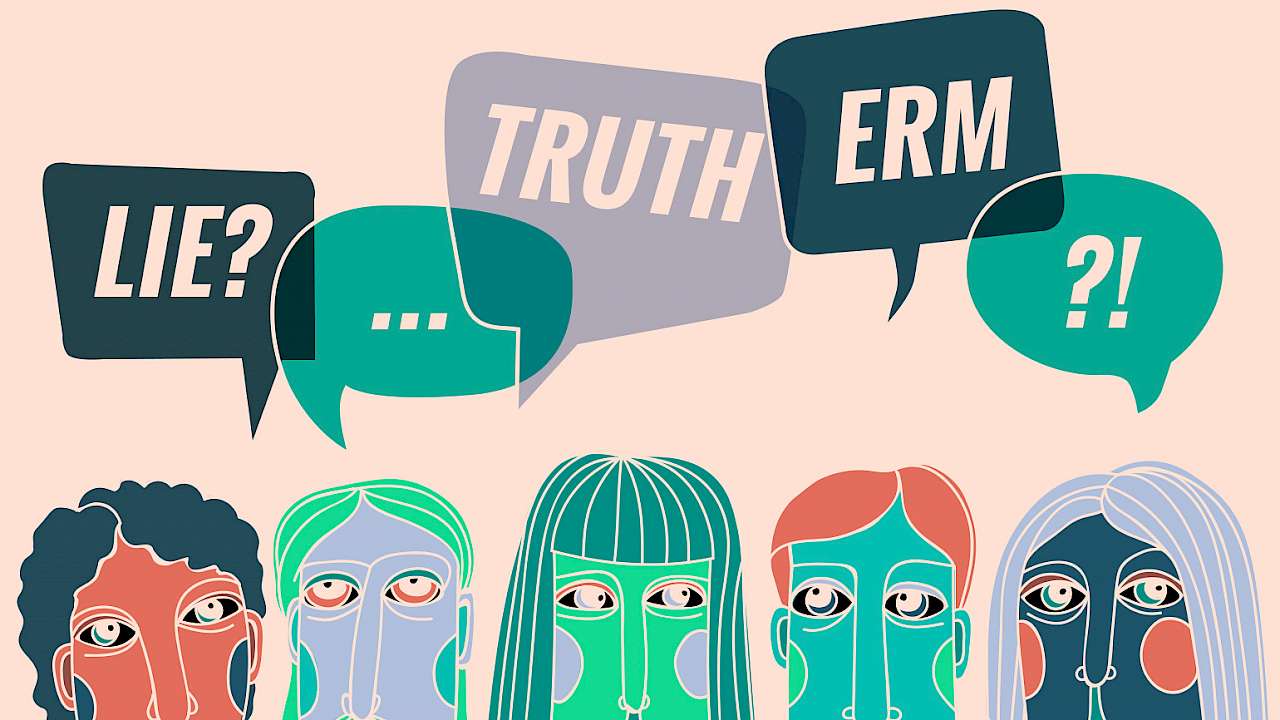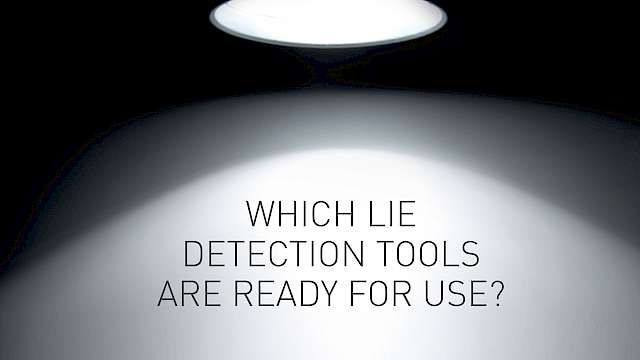Several decades of research on deception has found that people are scarcely better than chance at telling whether or not someone is lying to them. And it gets worse! When we try to tell if someone from another culture is lying, our rate of accuracy goes down, to below chance. We’d potentially catch out more liars if we flip a coin rather than use our intuition.
To help border officers and others make better deception judgements, researchers across the world have developed clever and effective questioning techniques. However, there is a concerning limitation in this research. Most of it has been conducted on undergraduate students from Europe and the US. From our own experience, we all know that people communicate in different ways depending on their cultural background. Research confirms this and suggests that these differences may influence our judgements about a person’s honesty.
What do we know so far?
We know that cultural background influences what people remember, how they process emotions, and how they approach the act of lying.
For example, when something bad happens, in more individualist countries (like the UK and US), people focus on feeling good about themselves. These people develop a positivity bias: the tendency to recall pleasant memories and experiences more accurately and more often than unpleasant ones. Whereas in more collectivist countries (like China and Malaysia), when something bad happens, it's considered important to learn from it. This encourages people to remember the positive and negative experiences equally well.
This suggests that your cultural background affects the events you remember.
This is important to know because researchers determine whether someone is lying by analysing the words they use.
For example, research suggests that liars use more words than truth-tellers when lying and talking about negative experiences, but they use fewer words than truth-tellers when they talk about positive experiences. However, if some people have a bias to recalling positive memories, while other people don’t, this could influence this effect of lying. This then complicates the task for officers. They might misinterpret the use of words related to negative experiences as a sign of lying, whereas they could be due to cultural differences.
Your cultural background affects the events you remember
When comparing people talking about the future, in my research, I found a similar pattern. Liars used more words when talking about negative emotions and fewer words when talking about positive emotions, compared to truth-tellers. But this was true only for people from collectivist backgrounds.
As the previous findings were based on research in individualist countries, this unexpected finding shows the importance of accounting for individuals’ cultural background. It also emphasises how people differ when they lie about the past compared to when they lie about the future.
The unexpected question technique
One effective technique to aid deception detection is to ask questions that liars would not anticipate. This technique is helpful because liars are unable to prepare an answer in advance, which results in them using fewer words and details when they are compared to truth-tellers. Asking questions about the most important part of an event, travel details, or how someone prepared for their travels can force liars to describe a perspective they may have not prepared for. For example, ‘Imagine the most important part of your travel, and tell me everything you can see around you.’
However, a person’s cultural background may lead them to anticipate being asked different questions. What is important to one culture may not be as important to another and this may lead to differences in peoples’ preparation to interview questions.

Interestingly, I found that the above example question about travel is equally unanticipated, irrespective of cultural background. However, a more straightforward question about travel, ‘How are you going to get to your destination?’, presumed to be anticipated by everyone, is only anticipated by people from individualist cultures.
That collectivists do not anticipate this kind of question in advance of being interviewed about their travels is an interesting insight. This suggests that differences due to cultural background should be taken into account when preparing unanticipated interview questions.
Differences due to cultural background should be taken into account when preparing unanticipated interview questions
Indeed, when answering unanticipated questions, we found that cultural background has a larger effect on the words people use than whether or not they are lying. For example, we found that when speaking in English as a second language, individualists will use more words, in general, than collectivists, whether or not they were lying. Qualitatively, individualists use more words when answering anticipated questions compared to unanticipated questions, whereas collectivists use more words when answering unanticipated questions.
Adapting deception detection techniques
My PhD research highlights the importance of adapting lie detection methods to account for cultural differences, and also suggests how we might make changes.
I am exploring how culture informs responses to the kinds of questions that people are asked on a regular basis (e.g. at border control), and am hoping to develop questions that may be more useful relative to a person’s cultural background. In particular, I am looking at how people lie about intentions, and whether particular question tactics, such as asking unanticipated questions, are better (or worse) at eliciting information from people from different cultures.
Copyright Information
As part of CREST’s commitment to open access research, this text is available under a Creative Commons BY-NC-SA 4.0 licence. Please refer to our Copyright page for full details.
IMAGE CREDITS: Copyright ©2024 R. Stevens / CREST (CC BY-SA 4.0)







